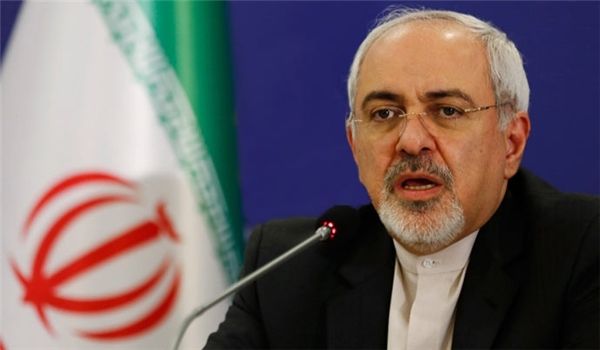Zarif, who is visiting Oman, talked to the press during the quadrilateral meeting on transit cooperation with Iran, Oman, Turkmenistan and Uzbekistan. “The implementation of the transit treaty known as Ashgabat Treaty would be a good start for improved cooperation of signatories in regional and international levels,” Zarif said.
“Global trade and goods exchange in regional and international dimensions is ever-increasing and a secure transit corridor joining ports in the Persian Gulf and Sea of Oman to Central Asian countries is necessary to facilitate goods transit,” he added.
Zarif believed that Iran should see these transit and trade corridors as tools in path to development; however, “the path adopted in recent years as the roadmap for transit cooperation has fallen to disuse; notwithstanding, with Iran’s key role in the same transit route, we could work it out as a major route for transit in the region; thus reducing poverty and, extremism and terrorism emanating from that through development in the regions the route passes through,” Zarif told reporters.
“The region has long had a unique geostrategic position with a crucial role in transit; with growth of industries and the emergent global economy, the need to transportation and using logistics technology has found increasing weight over the time,” the foreign minister said.
“Such a position gives member countries strategic advantage which would be a source of considerable profit if they exploit the possibilities of the advantage in a well-planned manner,” Zarif asserted.
“Iran, with extensive transpiration network including in the land and sea, and having borders with 15 countries and rich natural resources, enjoys a special place in the region in terms of connecting transit routes,” added he, and believed that the meeting provided an exceptional opportunity for boost trade and goods transit to Asia and Europe.
He also believed that a ‘strong and efficient infrastructure’ in transportation and logistics was indispensible along with other opportunities.
